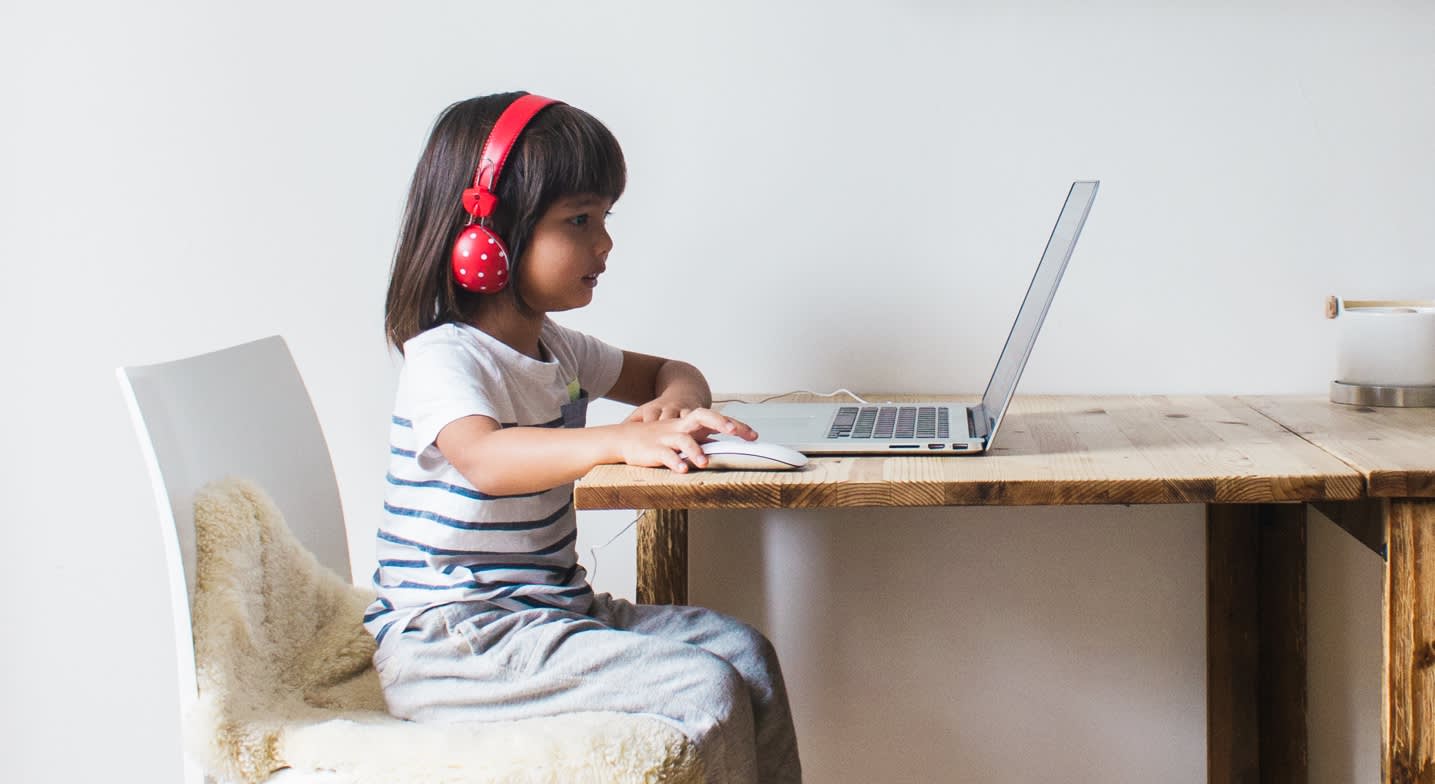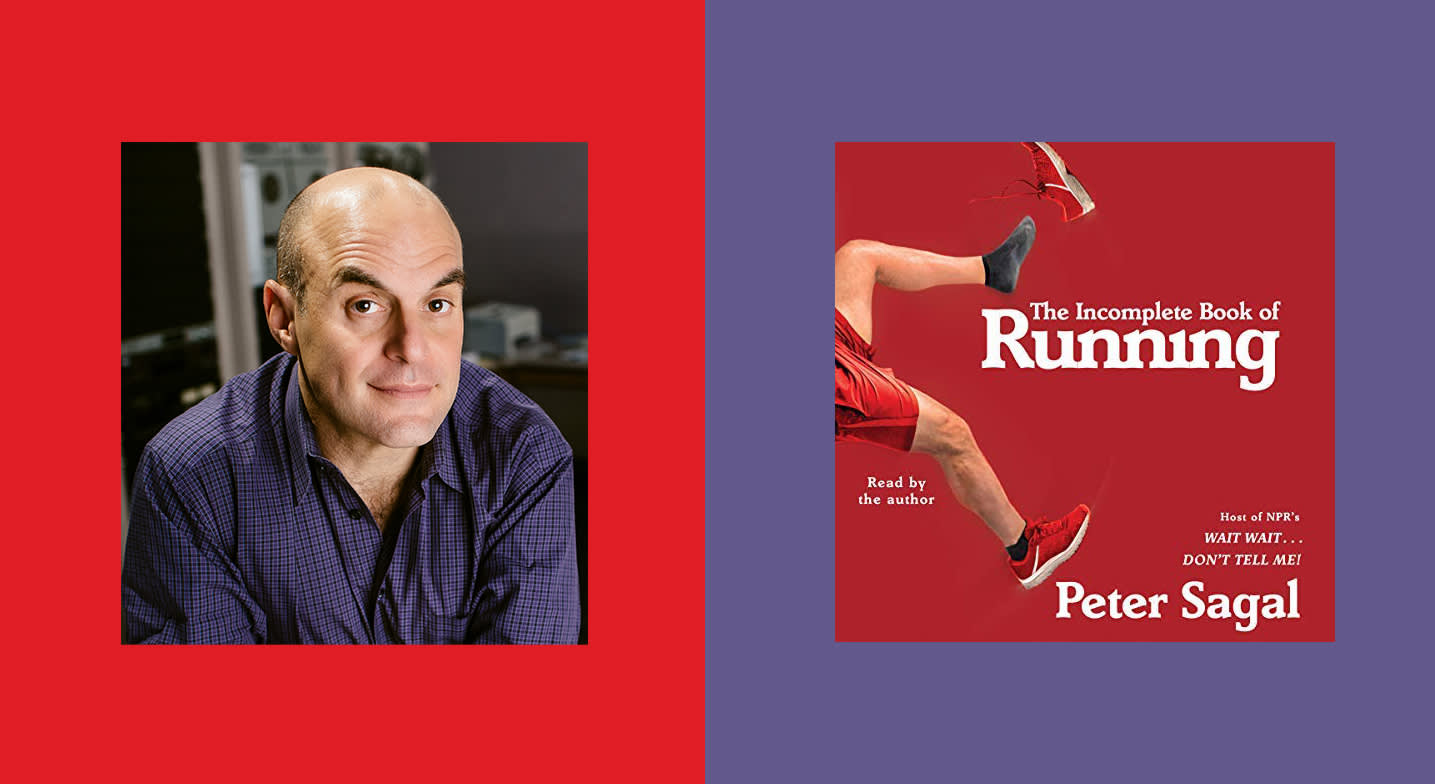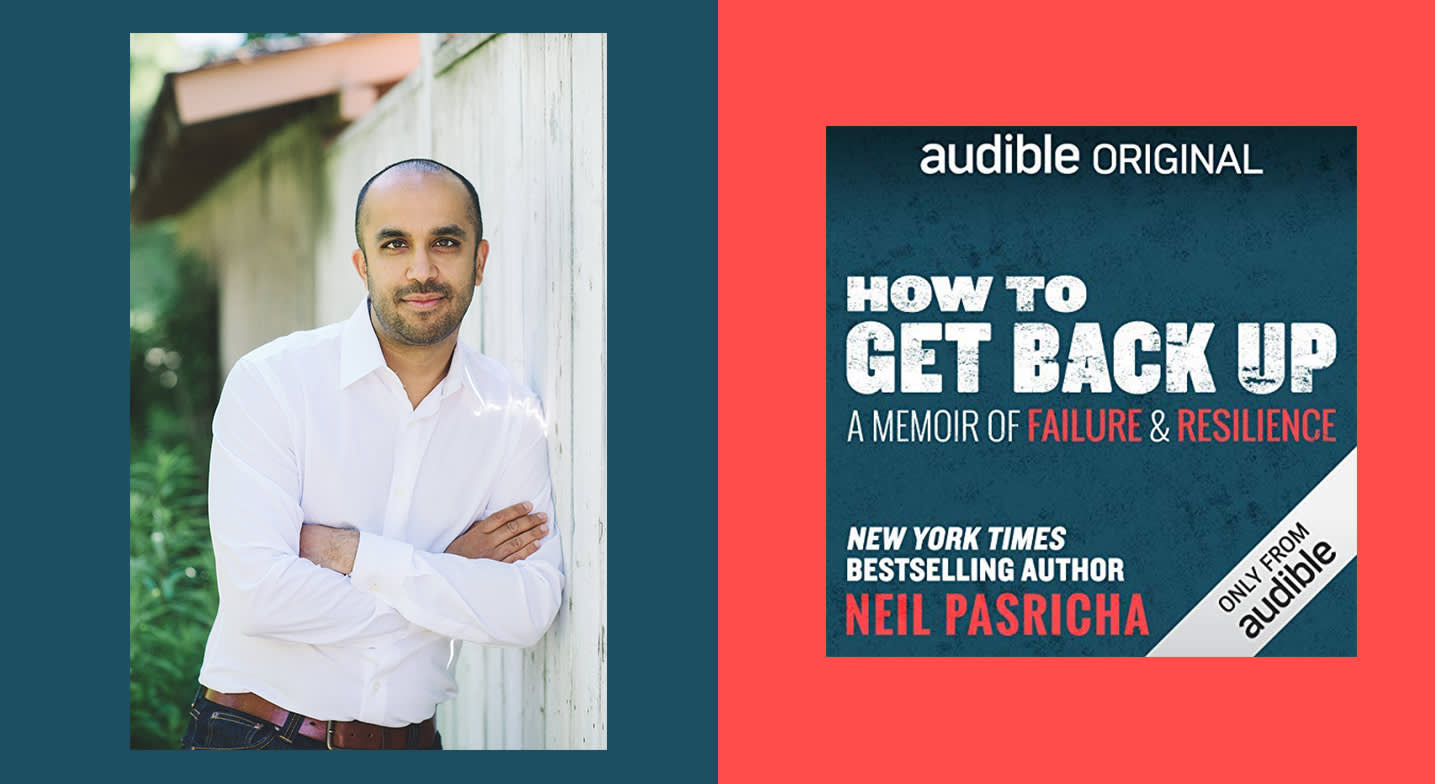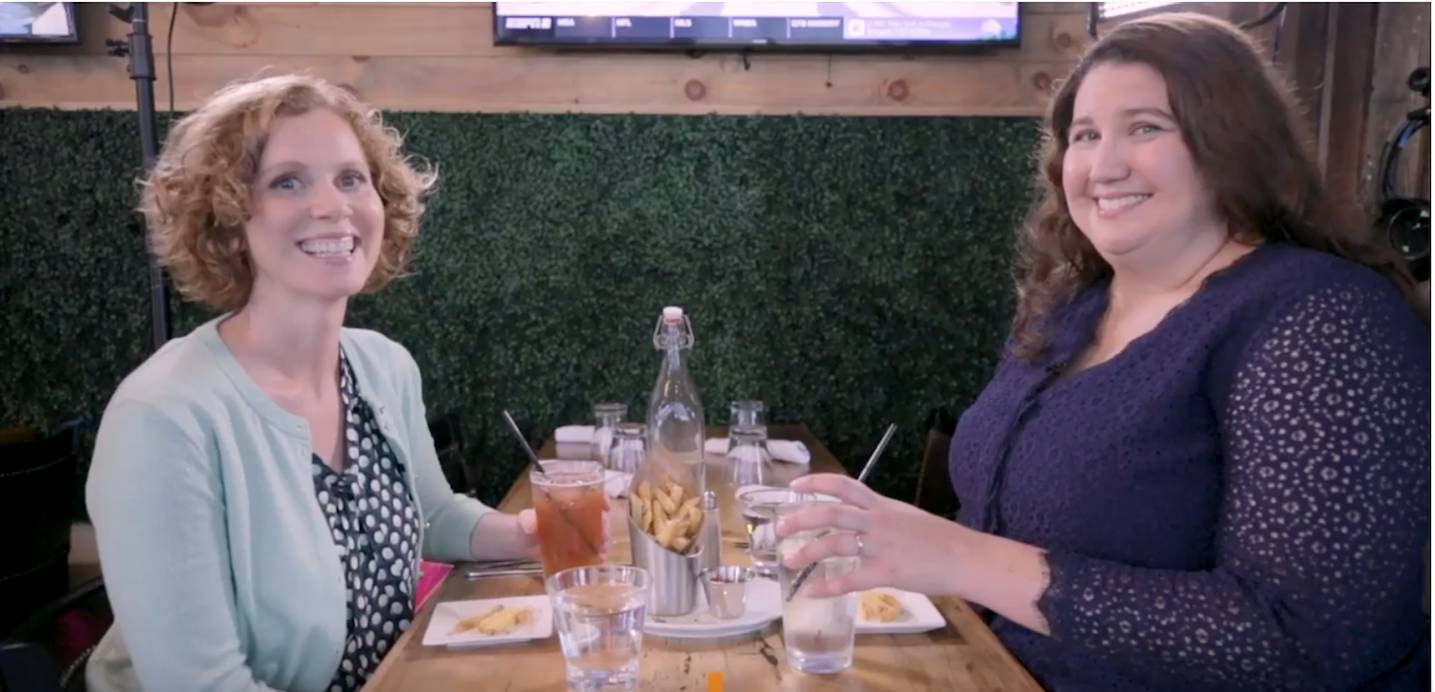Haley Stewart is juggling a lot. For this homeschooling mom to three kids — ages 8, 5, and 4 — who also works from home and blogs about all of it, tasks can pile up. Audiobooks have found multiple uses in her busy homeschooling schedule — and after homeschool is dismissed.
“Our brand of homeschooling is definitely not a home-all-day kind of scenario,” she says. “We’re on the go much of the week — going to the zoo, the park, the museum — and it’s great to be ‘schooling’ whenever we’re in the car.”
Audiobooks are widely used in traditional schools, and — as in Stewart’s home — they’ve also found their way into homeschooling. Homeschooling parents across the country have found they can boost the number and difficulty of books their children can read, help children with learning disabilities keep up with their peers, and even help parents take some time for themselves.
Because Stewart’s kids are at such different reading levels, audiobooks help her differentiate instruction without having to be in two or three places at once. “I can be working with an older kid on math while the younger ones, who aren’t reading yet, can listen to a great book — without me needing to read it aloud to them. There’s only one of me, after all,” she says.
Audiobooks can also help students who have difficulty reading keep up with their work at the appropriate grade level. They have been used for this purpose for decades in traditional learning environments, and with expanding technology, they’ve found a place in homeschooling as well.
“He’d listened to so many books, he had an ability to think about and discuss things far beyond his years.”
Marianne Sunderland knows all about this. She has eight children — her oldest is 25, and her youngest is 7 — and all but one have dyslexia. She’s homeschooled all of them, and all have benefitted from the use of audiobooks to ease the burden of traditional reading and help them read books at their grade level.
As was reported in our story, “For Kids With Reading Challenges, Just Add Listening,” audiobooks have a long history of helping students with disabilities, and can boost the self-worth of students who cannot experience books in the same way as their peers. In middle school, students begin to read more complicated books. Often for those with disabilities, their ability to understand difficult content surpasses their ability to read the words on the page. Audiobooks help them bridge this gap.
And in high school, audiobooks help students with disabilities keep up. “It’s all about time management in high school. It’s all about access to content that allows them to learn at the same speed as their peers,” he says.
When Sunderland’s eldest son was taking high school biology, she discovered a company that made an audio version of his textbook. “The difference in his ability to understand and comprehend what he was learning was so profound he couldn’t believe it,” she says. “He thought he wasn’t very smart, but once he was listening to it, it made perfect sense.”
During high school, he attended a private school for a few years so he could play football. He exceeded all expectations by acing his English class. “He’d listened to so many books, he had an ability to understand things and to think about and discuss things far beyond his years,” she says. “His teacher was raving about him.”
Prior to audiobooks, her children found reading exhausting — and would often read below their grade level even though they could comprehend much more difficult material. “They were missing out on all that vocabulary and complex sentence structure,” she says.
Her children are able to read beyond their grade levels with audiobooks — keeping up with whole series, complex plots and subplots, and words far beyond what their dyslexia would allow from a traditional book. “There are kids that read voraciously, but it’s too tiring for my kids, and they just don’t get as much out of it,” she says. “Now, my daughter comes out of her room and her eyes are huge and she’s like, ‘Wow! That was such a good book!’”
Audible narration for Kindle books has been particularly powerful for her children, who can now follow along with the text of a book on a Kindle while it is being read aloud. As the book is read, the words are highlighted, making it easy for children who have difficulty reading keep pace with the book.
Sunderland frequently speaks at homeschooling conventions, and writes extensively about homeschooling children with dyslexia. She frequently encounters parents who view audiobooks as “cheating” — replacing traditional reading with something less complex. “But it’s not cheating — it’s helping them fill their heads and to grow. [My children’s] ability to read is never going to match their intellectual ability,” she says. “Don’t look at audiobooks or any other kind of accommodation as a cheat.”
Audiobooks are also great for homeschooling parents, say Stewart and Sunderland. As busy as they are, much of their time for themselves requires them to multitask. Audiobooks allow them to keep their hands free.
Sunderland downloads audiobooks to listen to while she’s driving to homeschooling conferences, as she often does. “It’s great! I don’t like to have downtime, I like to keep busy,” she says. She listens to a lot of nonfiction and books on dyslexia.
Stewart also listens while she puts her little ones down for a nap, which helps her relax and enjoy what she says can be a frustrating experience.
Like many people with such full days, Stewart often has a difficult time falling asleep. But she finds audiobooks help her here, too. On her blog, Stewart describes an all-too-familiar phenomenon: When her oldest was a newborn and sleeping in 45-minute fits, it was hard for her to wind down and get to sleep. “That’s when I discovered a weird trick that really helped me fall asleep before I’d been in bed for 15 minutes: I listen to audiobooks,” she wrote. “Because my brain is following a story, it stops spinning, relaxes, and bam! I’m dreaming.”
She still uses this technique to fall asleep after her action-packed days, even though her kids are old enough to sleep through the night. She listens to books she knows — especially the Harry Potter series and anything by Jane Austen — and the voices of her favorite narrators and the comforting familiarity of the text lulls her right to sleep.







